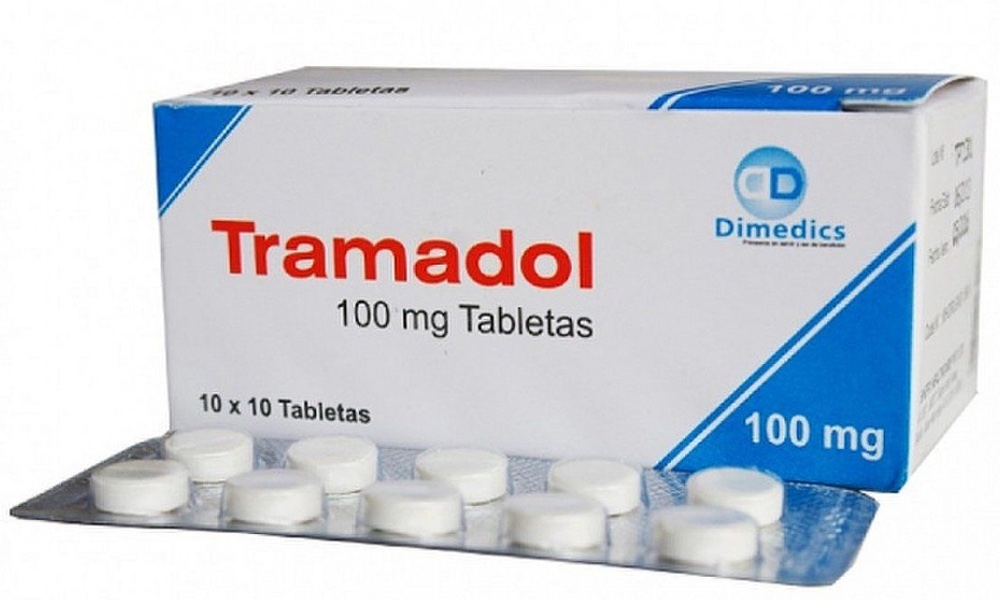Baby boomers who turn to brain supplements to try to prevent cognitive decline may be getting a different kind of boost than they bargained for. Some of the “smart drugs” or “cognitive enhancers” being marketed as mind food to improve memory contain drugs normally prescribed to people with brain injuries and mental disorders.
“Over-the-counter cognitive supplements are popular because they promise a sharper mind, but they are not as closely regulated as pharmaceutical drugs,” said study author, Pieter A. Cohen, M.D., of Harvard Medical School, in a statement. “Use of these supplements poses potentially serious health risks. Not only did we detect five unapproved drugs in these products, we also detected several drugs that were not mentioned on the labels, and we found doses of unapproved drugs that were as much as four times higher than what would be considered a typical dose.”
Most pharmaceutical drugs have to be proven safe and effective for their intended use before they are marketed to consumers, but dietary supplements are a different story. They do not need to be approved by the U.S. Food and Drug Administration (FDA) for safety or effectiveness before they are marketed to consumers.All 10 supplements contained a drug prescribed in Russia for traumatic brain injury and mood disorders, and at higher doses.
The Harvard Medical School study noted that it is not uncommon for brain supplements, also known as nootropics, to contain potentially dangerous combinations and doses of pharmaceutical drugs not approved in the United States. The researchers used the National Institutes of Health Dietary Supplement Label Database and the Natural Medicines Database to look for cognitive supplements that listed drugs like piracetam, a drug known to be found in cognitive supplements, but which is not approved for use in the U.S. They were specifically searching for drug analogs to the unapproved drug, piracetam — drugs with a similar but slightly different chemical structure. Drug analogs are used to circumvent laws regulating various compounds.
Ten supplements containing five unapproved drugs were identified. In addition to analogs of piracetam, the team also found several other unapproved drugs: vinpocetine, phenibut and picamilon. The side effects of these drugs include increased and decreased blood pressure, agitation, sedation and hospitalization, though all the risks they pose are not known. The FDA has already issued a warning that vinpocetine should not be consumed by women of childbearing age.
A drug prescribed in Russia for traumatic brain injury and mood disorders, omberacetam, was detected in all the supplements and at very high doses. A typical pharmaceutical dose would be 10 milligrams (mg). The recommended doses for the brain supplements were as high as 40 mg — four times greater than the recommended pharmaceutical dosages.
Some of the supplements contained more than one unapproved drug. One product combined four of the unapproved drugs. Since the study did not look at all the drugs marketed as cognitive supplements currently available, it seems likely that there will be other brain supplements not included in the study that also contain unapproved drugs.
The FDA has warned companies selling supplements with unapproved drugs, but the researchers found the drugs are still listed as ingredients in supplements listed in databases.
The study is published in Neurology.





